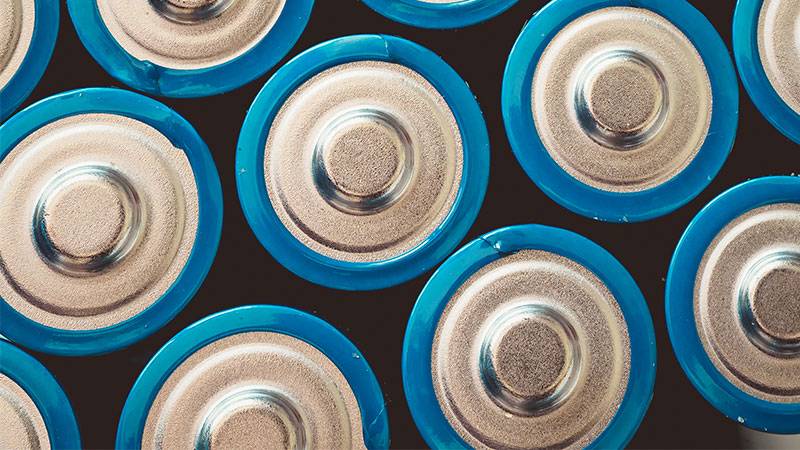In an innovative leap forward, Microsoft announced that its scientists have utilized artificial intelligence and high-performance computing to sift through 32.6 million potential battery materials, many of which are not naturally found. This herculean task, which would have taken 20 years by traditional means, was astonishingly completed in just 80 hours. The initiative marks the beginning of an ambitious era aimed at developing a new generation of batteries that are less dependent on lithium, a material known for its toxic and environmental drawbacks.
The collaboration between Microsoft and the Pacific Northwest National Laboratory in Richland, Washington, has yielded a prototype battery made from an entirely new material. While this prototype is small and not ready for mainstream use, it represents a significant breakthrough. It functions using less lithium than current commercial batteries and has the capability to recharge, indicating a significant advancement in battery technology. This project highlights the potential of new technologies to revolutionize materials science, a field that is crucial yet often underrated.
Christopher M. Wolverton of Northwestern University described Microsoft’s feat of screening 32.6 million materials in such a short time as “staggering.” This indicates that the project was not just revisiting known materials but exploring new, hypothesized ones, potentially paving the way for unprecedented discoveries in the field.
Microsoft searched for materials to build what’s called a solid-state electrolyte battery; these have a greater energy density than liquid ion batteries and do not present a fire or leakage risk. The material used for the prototype contained some lithium ― but up to 70 percent less than the amount found in existing batteries.
This pioneering project is part of a broader, three-year collaboration between Microsoft and the national laboratory, focusing on speeding up the pace of innovation and discovery in the battery sector. This partnership represents a significant commitment to the future of scientific research, pushing the boundaries of what is possible in battery technology.
The need for innovative battery technology has never been more pressing. As Chirag Dekate from Gartner points out, the inefficiencies of current battery technologies are a major barrier to achieving a green future, despite advances in renewable energy sources like solar and wind power. Lithium-ion batteries, which power most modern electric vehicles, as well as scooters and bicycles, are not without their limitations. They cannot charge quickly or hold their charge for long periods, and some have even proven to be volatile.
Microsoft’s project introduces the concept of solid-state electrolyte batteries, which boast greater energy density than liquid ion batteries and come without the associated risks of fire or leakage. According to The Washington Post, the material used in the prototype contains significantly less lithium – up to 70% less than in existing batteries. The Microsoft team embarked on this project about nine months ago, training its AI system to understand various materials, their structures, and properties. This AI acted like a funnel, narrowing down the vast array of possibilities to the most promising candidates for battery materials.
As the collaboration between Microsoft and Pacific Northwest National Laboratory continues to make strides in battery research, the future of battery technology looks promising. The journey toward more sustainable, efficient, and safe battery solutions is well underway, and the results from this collaboration are a testament to the power of combining advanced computing capabilities with innovative scientific research. The advancements in battery technology are not just a glimpse into the future of energy storage; they are a step towards a more sustainable and technologically advanced society.
More inspiring green news similar to this:


